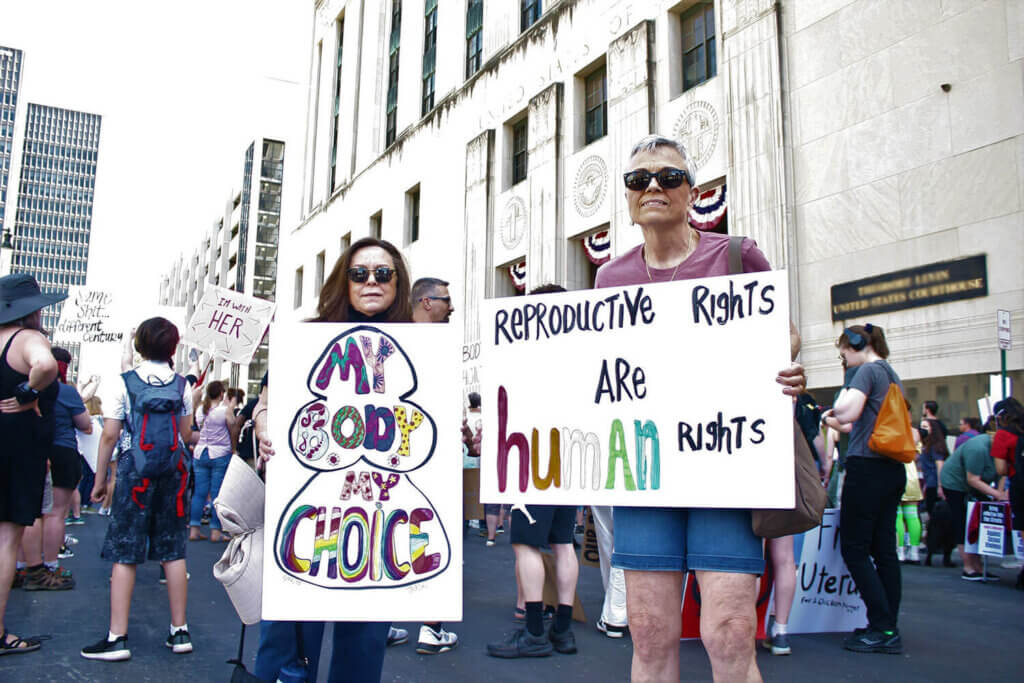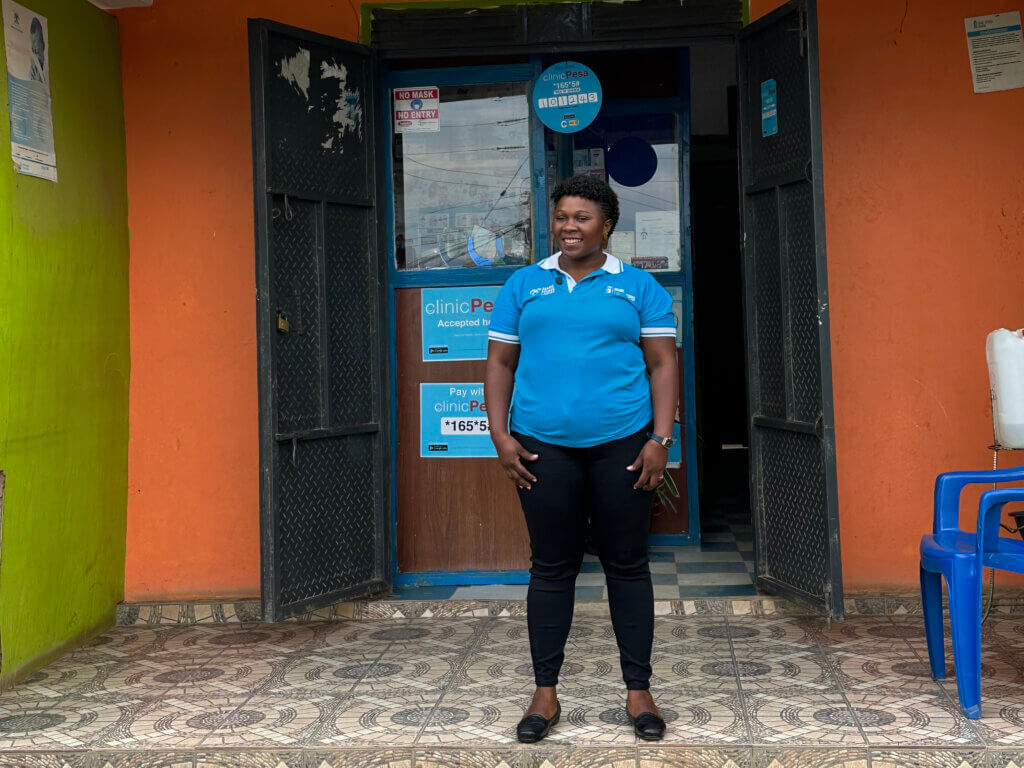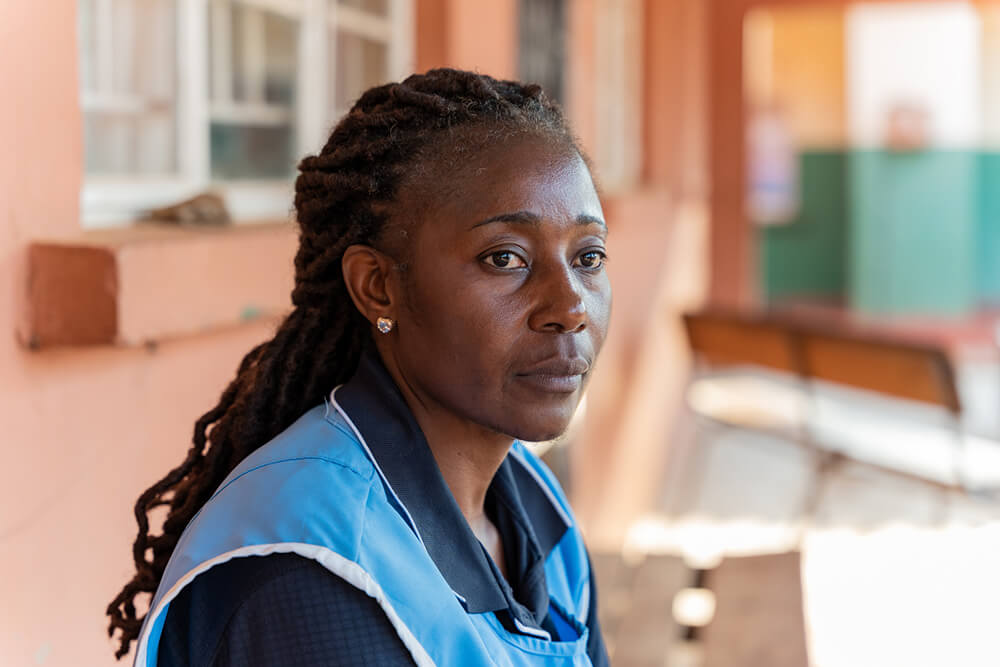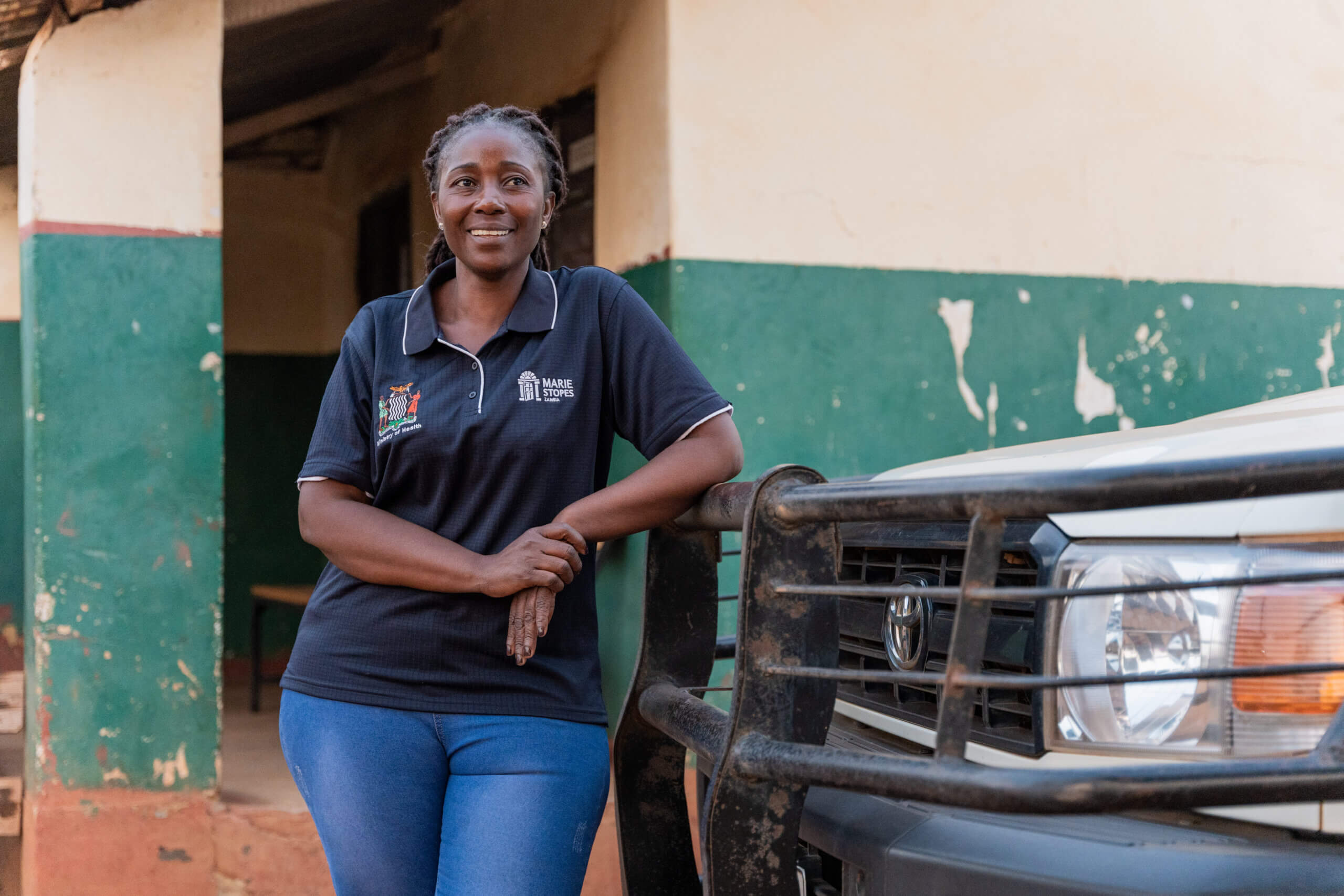What Project 2025 Means for Choice
What is Project 2025?
Project 2025 is a presidential transition plan created by the Heritage Foundation, a conservative think tank, and 100 coalition partners.
It includes a 900-page book of proposed policies, regulations and executive orders, which could be signed and implemented by the next president quickly upon taking office. It also includes a database of vetted and trained staff to serve as political appointees in the new administration.

What does Project 2025 say about abortion?
Project 2025 mobilizes government agencies to limit access to abortion.
Enforce the Comstock Act
The Comstock Act is a 151-year-old anti-obscenity law that bans the mailing of abortion-related materials. While the law hasn’t been enforced since before Roe v. Wade, some anti-abortion advocates argue that a future President could direct his administration to start enforcing the law again, immediately banning the shipment of abortion medication. This would result in a de facto ban on the most common method of abortion in America.
Reverse approval of abortion pills
The Comstock Act is not the only tool a future president would have to go after medication abortion. Project 2025 suggests directing the FDA to reverse its 2000 decision approving the medication mifepristone, which is one of two medications used in abortion.
Decades of research, including research conducted by MSI, show that mifepristone is safe and effective. The FDA cited MSI research in 2021 when it loosened restrictions on prescribing mifepristone via telemedicine.
Increase surveillance of people seeking abortions
Project 2025 calls for the CDC to collect more personal information about people seeking abortions—and cut federal funding to states that refuse to share women’s private health information.
In addition to collecting information about the number of abortions provided, the platform would require states to report the home state of patients, their reasons for wanting an abortion, and the method of abortion used.
Restore and expand the Global Gag Rule
The Global Gag Rule is a US policy that has been implemented under every Republican administration and repealed by every Democratic administration since the 1980s. Originally, it banned recipients of US family planning assistance from providing abortion or information about abortion. Under President Trump, it was expanded to cover all global health assistance. Under Project 2025, it would be expanded even further, covering all foreign assistance across 20 agencies.
Importantly, Project 2025’s expanded Global Gag Rule would apply not just to foreign NGOs who receive funds from the United States, but also foreign governments.
The expanded Global Gag Rule would extend to tens of billions more in federal funding, drastically reshaping US foreign assistance around the single goal of denying abortion care to women in developing countries. The humanitarian sector—health aid to the most vulnerable women and girls—would be most affected.
MSI has always refused to sign the Global Gag Rule, and has lost significant funding when it is in effect. The expanded Global Gag Rule would endanger our partnerships with governments, who we support in the provision of comprehensive family planning at public sector health sites to reach millions of women and girls who have no other healthcare options.

What’s next for Project 2025?
We urge all presidential candidates—regardless of party—to strongly reject the anti-choice policies of Project 2025. With choice at stake for women in the United States and around the world, it’s more important than ever to work towards a world where every woman can choose her own future.






